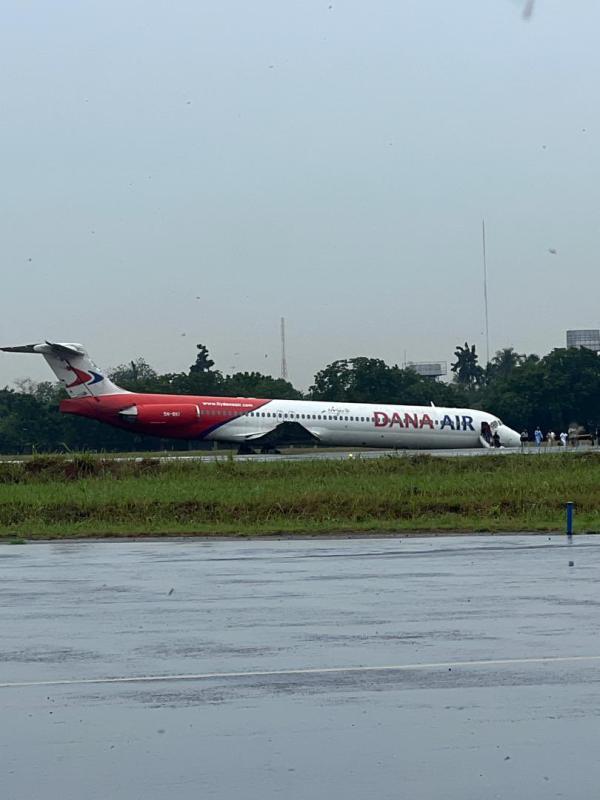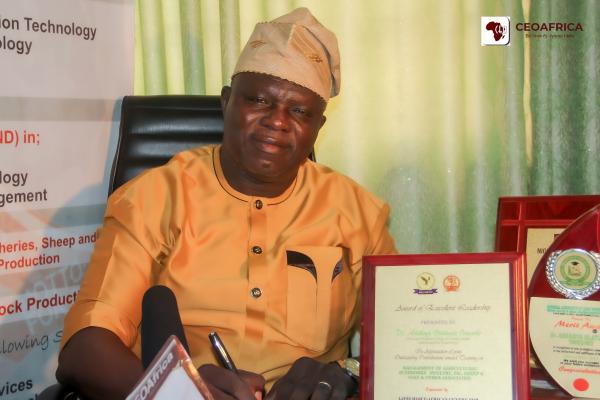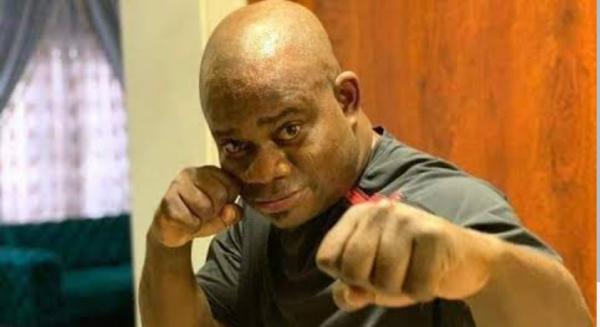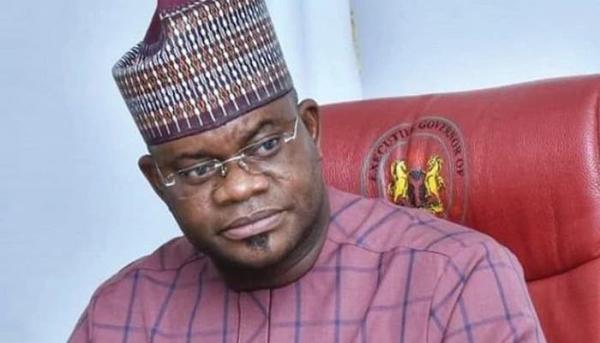
The ECOWAS Parliament has advised Nigeria to avoid using “panic measures” to address the country’s current economic situation.
The call was made at the presentation of Nigeria’s Report at the ongoing second Ordinary Session of the ECOWAS Parliament in Abuja yesterday.
Members of parliament raised concerns over Nigeria’s current economic situation and advised that the country use a more inclusive approach to address the recession.
They commended efforts taken by the federal government to tackle the situation but raised concerns that it was not doing enough. Mr Dominic Azumah, representing Ghana, said Nigeria needed to include its citizens in the process of resolving the country’s economic situation.
“Using panic measures is not necessary; Nigeria needs to be calm, move with and consult the people on the way out of the economic recession.
Mr Alfred Agbeshie, also representing Ghana, raised, concerns about the vandalism of oil pipelines in the country.
“Is the release of money by the government going to solve the Nigerian economic situation?” he asked.
Ms Aïssata Daffe, representing Guinea, noted that despite the measures Nigeria had taken to contain corruption and improve the economy “the naira continues to depreciate”.
In her response, Mrs Lynda Ikpeazu, representing Nigeria, agreed that Nigeria was not doing enough to address the recession, but stressed that efforts were being made to revive the economy.
Ikpeazu reiterated that the federal government was engaging perpetrators of oil pipeline vandalism, which she said, had contributed to the current economic situation.
She also said the government would look into complaints made by some representatives on citizens of member countries facing difficulties in obtaining Right of Residence permits to live and work in the country.
The leader of the Nigerian delegation, Senator Mohammed Shaaba Lafiagi, while presenting the “Nigeria Country Report”, said the harsh economic realities was due to oil pipeline vandalism in the Niger Delta region and the price fall in the international oil price.
This had resulted in the huge drop in the country’s foreign exchange reserves, which, he said, had dropped by 42% from $42.8 billion in January 2014 to $24.9 billion on 15 September, 2016.
According to Lafiagi, Nigeria has experience about 60% loss in foreign exchange earnings from crude oil as foreign exchange inflow fell from $3 billion per month to less than $1 billion.
He, however, said a reconciliation committee had been set up to negotiate with the militants, which, according to him, remained the best option. The lawmaker also disclosed that the Nigerian government had released N350 billion ($1.2 billion) to stimulate the economy.
Nigeria’s issues of abducted Chibok girls, economic recession, pipeline vandalism, Lake Chad Basin as well as import from ECOWAS member states were on the front burner of the session.
The parliamentarians urged the Nigerian government to take urgent measures to address the issues. They said Nigeria’s problem, economically or otherwise, affects the sub-region.






















